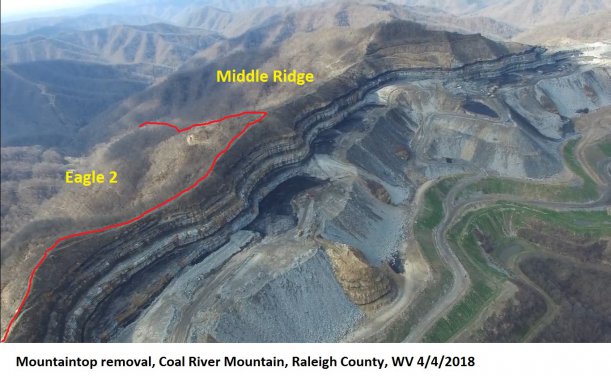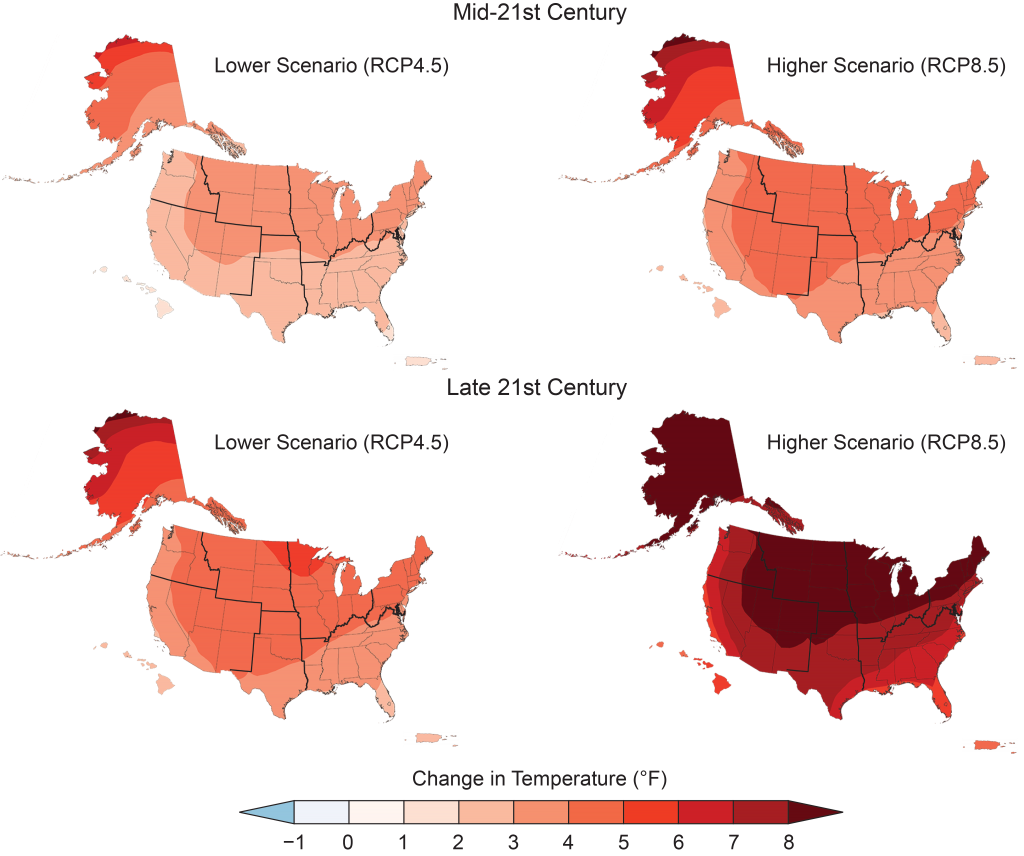Cleaning Up Coal Ash
For well over a century, power plants across the country have burned coal to generate electricity. And for just as long, leftover coal ash has been dumped in open, unlined pits near the power plant, usually located on a river or lake. Every year, U.S. power plants produce 130 million tons of coal ash, which is the second largest waste stream in the country after municipal garbage.
Coal ash concentrates the toxic heavy metals found in coal, including arsenic, mercury, lead and selenium. Stored in unlined, wet impoundments, coal ash has been leaking these toxics into our groundwater and surface waters for years. Sometimes these impoundments collapse — with disastrous results.
Yet government regulations for coal ash management are either non-existent or sparse, and there is little enforcement of the regulations that do exist. In North Carolina, this lack of oversight — and the complicity between state regulators, elected officials and Duke Energy — came to a boiling point in February 2014 when one of Duke’s coal ash impoundments spilled 39 million tons of ash into the Dan River.
Citizens living near North Carolina’s 33 coal ash impoundments — all of which have leaked — have fought for transparency from Duke and the state, and for cleanup of the pollution that threatens their property value, health and family. Their actions forced this issue into the headlines of news networks and to the forefront of environmental justice conversations in the United States.
Appalachian Voices stood with these communities as we worked for years to compel Duke Energy and the N.C. Department of Environmental Quality to excavate coal ash from all the North Carolina sites and dispose of it either in lined, dry landfills, away from waterways, or by recycling it for concrete or other uses, provided it’s done in a manner that protects public health and the environment.
On Jan. 2, 2020, North Carolina announced a historic settlement with one of the state’s most powerful corporations and polluters, Duke Energy. The settlement requires Duke to move nearly 80 million tons of toxic coal ash at six of its power plants to properly lined landfills onsite or recycle it.

Learn information about specific coal ash impoundments in the South, including health threats and safety ratings:
Additional Resources
Fact sheets, videos, links to academic research, and more
Sign Up to Act
Help us protect the health of our communities and waterways.
Latest News
Va. air board delays decision on ACP compressor station in African-American community
The Virginia Air Pollution Control Board today delayed…
Groups File Lawsuit Against Mountaintop Removal Coal Mine in West Virginia
Environmental groups claim in a federal lawsuit that Republic Energy is illegally operating a strip mine on Coal River Mountain by using a state permit that expired in 2011.
Advancing a Democratic Energy System
Our Executive Director Tom Cormons discusses why we need an energy system that is responsive and responsible to the people it serves.
N.C. Lowers Risk Rating of Coal Ash Pits
Duke Energy may now be able to cap six toxic coal ash dumps in North Carolina in place instead of transporting the material to lined landfills after state regulators classified the dumps as “low risk.”
Kinder Morgan Drops Planned Gas Liquids Pipeline, Proposes Natural Gas
The oil and gas pipeline company nixed plans to transport hazardous natural gas liquids hundreds of miles through a repurposed 75-year-old pipe and instead is seeking permission to reverse the flow for natural gas.
Appalachian States Respond to Climate Change Warnings
Many federal and state leaders continue to ignore man-made global climate change in spite of information presented in new national and international reports. But the governors of North Carolina and Virginia are taking action.









